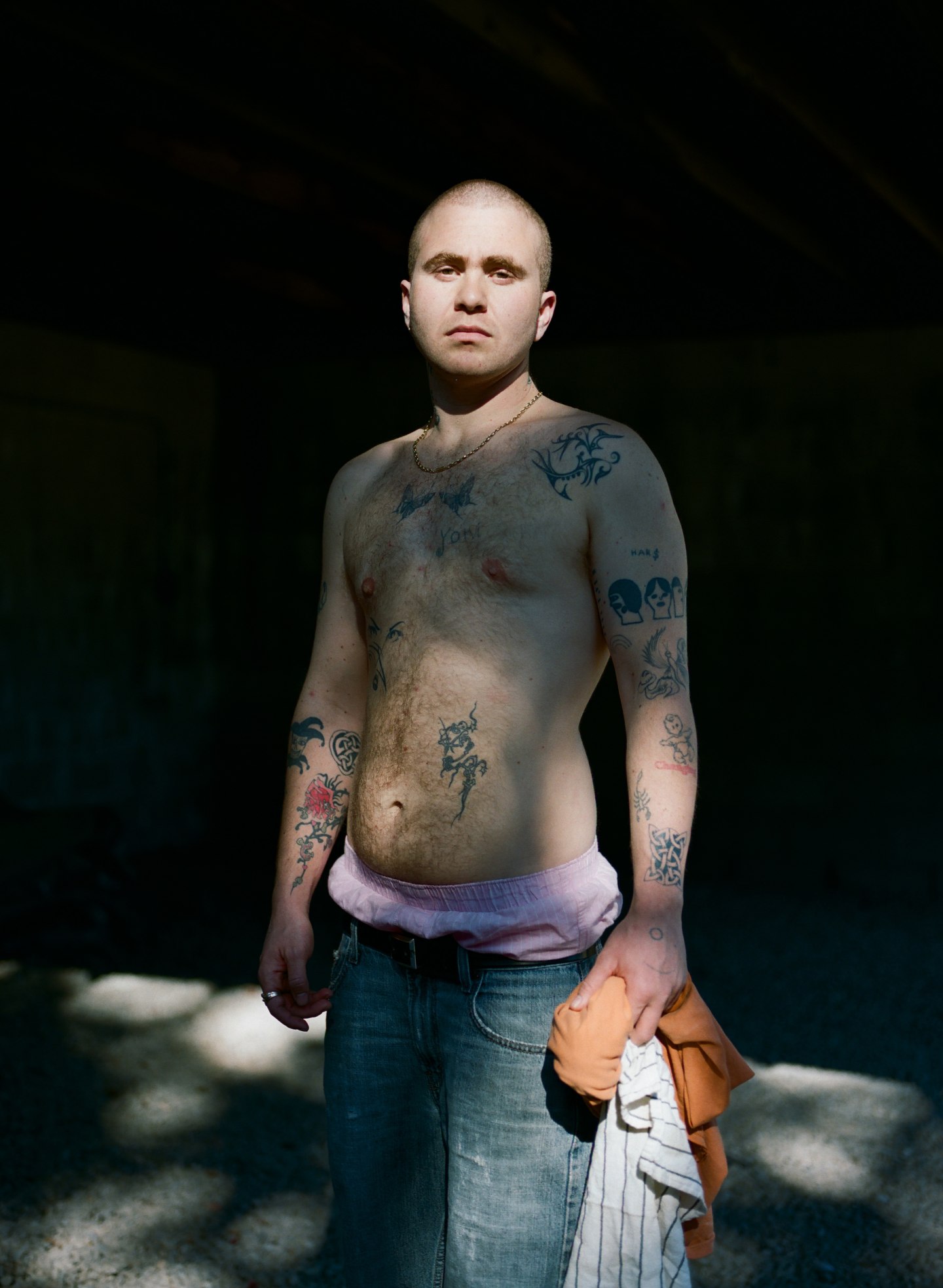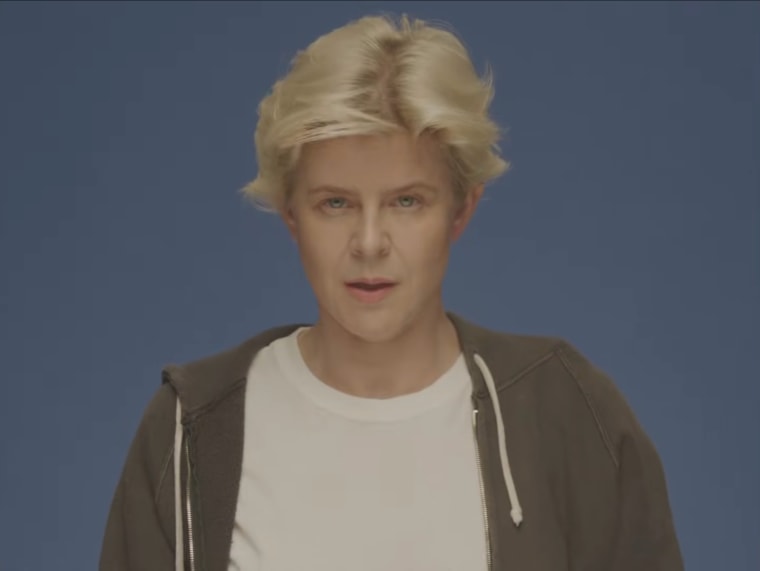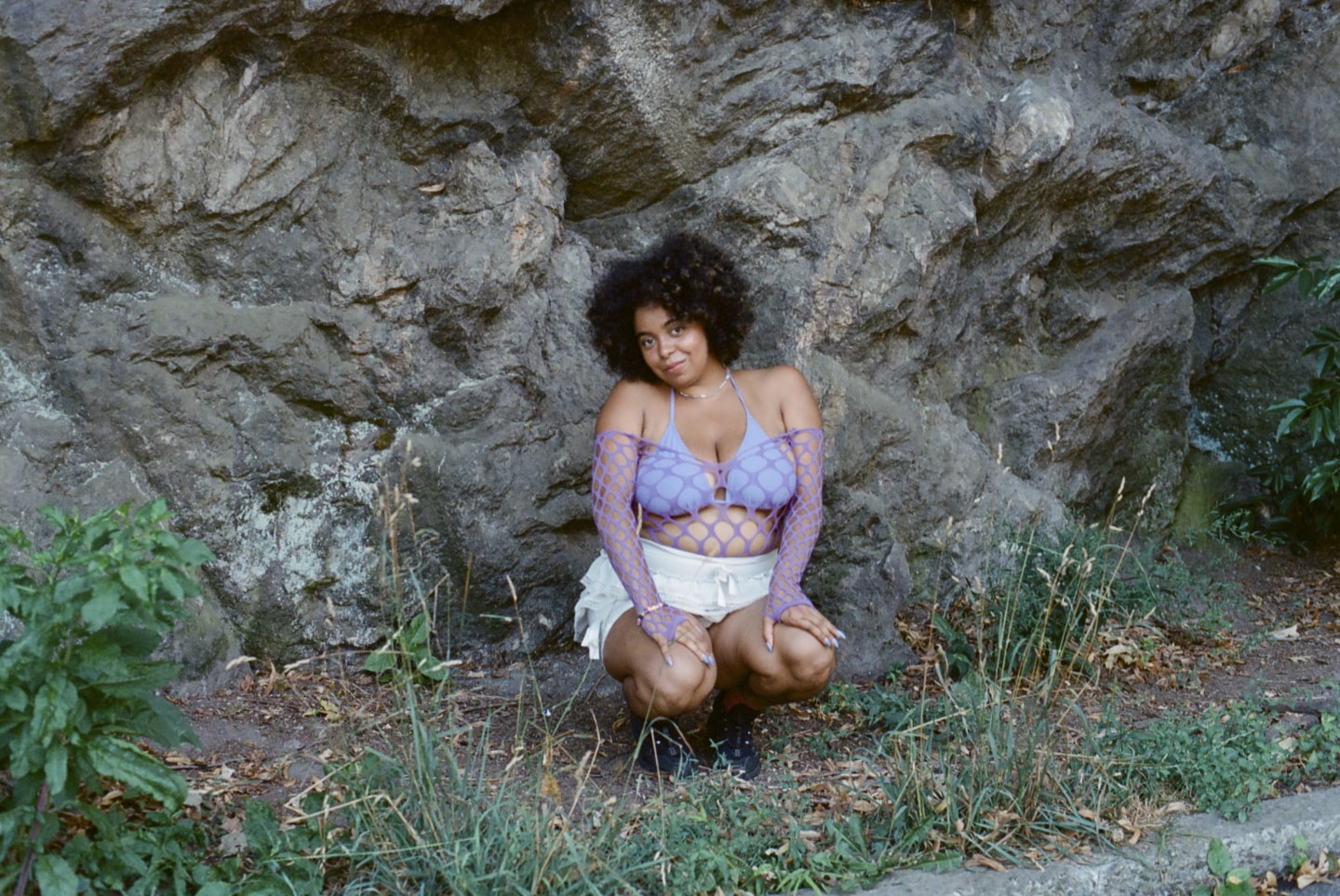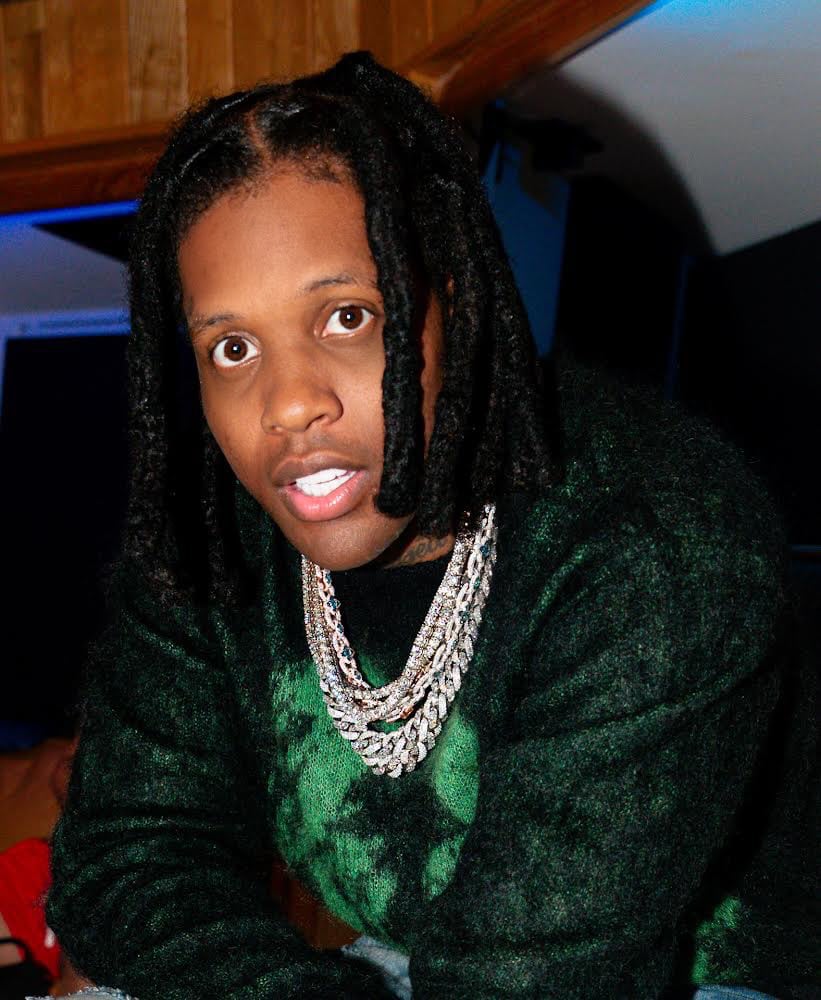Paw”>
Avery Tucker. Photos courtesy of the artist
Working at a psychic salon has been unpredictably helpful for Avery Tucker. Since the end of his acclaimed indie rock duo Girlpool, Tucker has taken the occasional shift at Open Heart Collective in Encino, where he now resides. It’s run by his ex-bandmate and close friend Harmony Tividad’s mom, who conducts Tarot card readings and intuition workshops. Sometimes he leads sessions on softening the inner critic called “Pure Heart Songs.” The goal is to learn to let go, to soak in a world where Tucker doesn’t have to be in control.
Tucker had to learn when to take charge and when to surrender while making his debut solo album Paw. The result is a powerful country-rock record about wrestling with relationships, the way another person can force you to confront the parts of yourself you don’t exactly love. “Under the microscope of a relationship there are solar systems,” he says.
In order to craft such a raw record, he went back to the basics. “I wanted to return to the younger version of myself who would record a song on GarageBand and put it up that night. I know I’ve gotten there if I feel like I can play the song on the curb with my guitar.” Tucker cites country-folk legends like Gillian Welch and Emmylou Harris as key inspirations. The songs retain Girlpool’s idiosyncratic approach to rock, turning it into a gentle undercurrent, while reaching for bigger heights and stretching for more defiant anthemic choruses. Even the ballads embrace bombast.
Tucker points out that the record is not full of epiphanies. It’s an album about wrestling with an “investment in someone else’s wellness.” Sometimes, he says, the songs can feel like “tantrums,” thumping rhythmic compositions worming their way through lovelorn nights. Other times they feel like “earnest-ass” love songs. “My Life Isn’t Leaving You,” the final song on Paw, is the only moment of clarity. “A lot of this album is about the storm, like a boat in the sea. But this song is about the anchor. It’s about devotion.”
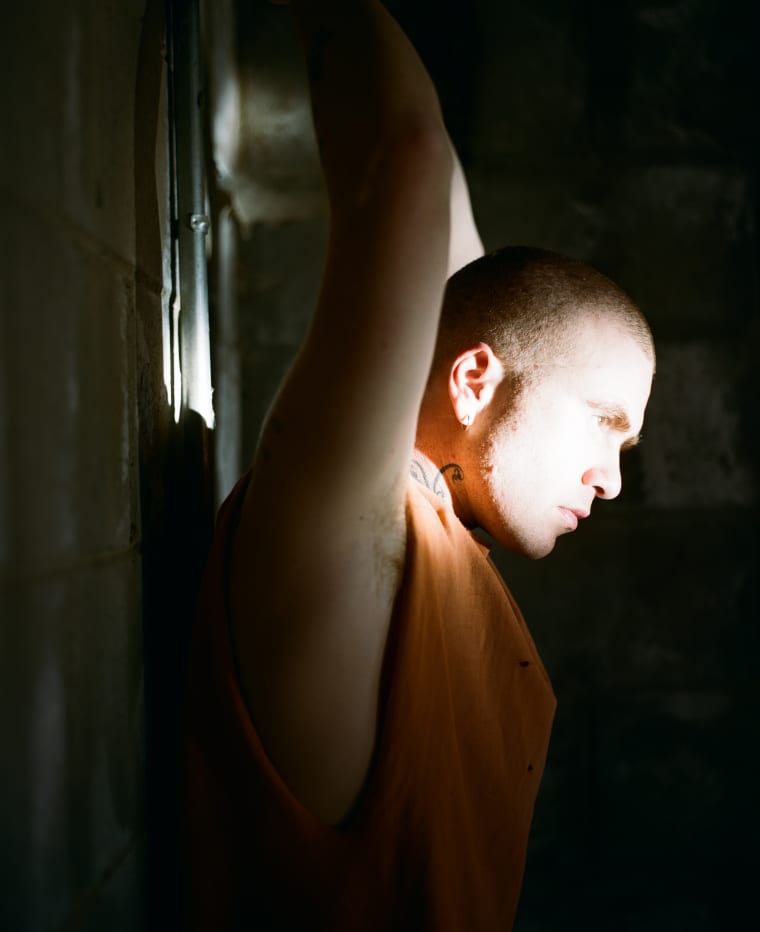 Paw”>
Paw”>
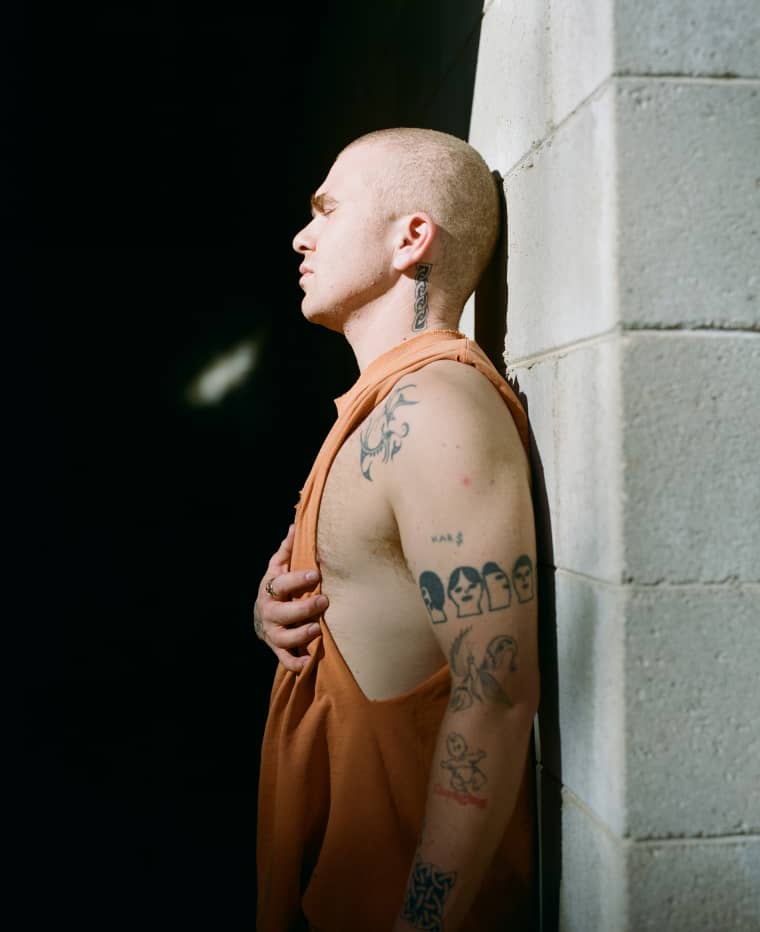 Paw”>
Paw”>
Tucker never expected Girlpool to blow up. The band formed in 2013 with Harmony Tividad and quickly garnered rapturous critical acclaim across four studio albums. Over time however, Tucker and his bandmate Harmony Tividad started to realize they were writing more and more songs on their own.
After Girlpool reached its natural conclusion in 2022, Tucker got a job working as a camp counselor at a treatment center for queer and trans youth. “It was a really profound zone to tap into. I also recognized these similarities [between counseling and] songwriting, the act of getting things out.” Only in that space of discomfort could there be revelation—or the beginning of a song. “It’s been cool to take time to record and have—I wouldn’t want to say normal because nothing about my life seems normal–but a different rhythm.”
“I want [the album] to really feel like I was standing on my two feet with my palms open and naked
Much of the music on Paw is inspired by Tucker’s former partner, the end of their relationship, and Tucker’s road back to himself. “I want it to really feel like I was standing on my two feet with my palms open and naked,” he says with a grin. But the album wasn’t created in isolation. The folksy “Angel” features MUNA’s Katie Gavin, who served Tucker banana bread and tea while they watched a songwriting class on alternate tunings taught by modern folk giant Adrianne Lenker. Alaska Reid injected a sense of play to the recording process, co-writing the song “Knots” and joining Tucker and his friends on a trip to Montana where they finished Paw. The bracing photographs that accompany the singles “Big Drops,” “Malibu,” and “Like I’m Young” were taken during the trip by Petra Collins. They still feel raw to Tucker, like lightbulb moments showing an exposed wound.
One of the album’s most intense moments is “Like I’m Young,” a confrontational account of the things one loses when coming out as trans. The devastating power ballad chronicles a relationship where Tucker feels “how far…from being a man” someone he’s dating believes him to be. His voice writhes and screams through the pain: “It’s true that no matter what I do/That I’m just wet not hardening/But can my hand fool you?”
Tucker tells me that for a long time he didn’t let himself feel the full weight of being trans. “I think as a protective mechanism early on I convinced myself there was no difference. But I was dissociated from the reality that in the world [being trans] is very different. I can’t naturally procreate.”
Writing the song allowed him to access something he’d only briefly touched on while writing for Girlpool on songs like “See Me Now.” “I really allowed myself to indulge in the grief,” he says. “There’s trepidation internally in naming that part of myself because it’s just a part of me.”
The album’s title comes from another joke of Tucker’s. A game. “If you were an animal would you rather have paws, wings, talons, or hooves?” The question is meant to subconsciously reveal how one meets the earth. “How do you make contact?” He clarifies. “For me, it’s a pawprint, I’m descending into my experience. It’s kind of soft and sweet, but also when I’m telling people the title of the record they’re saying ‘That’s cute,’ but I’m like ‘No, dude. It’s not cute.’” He laughs. Being perceived, too, is another kind of surrender.
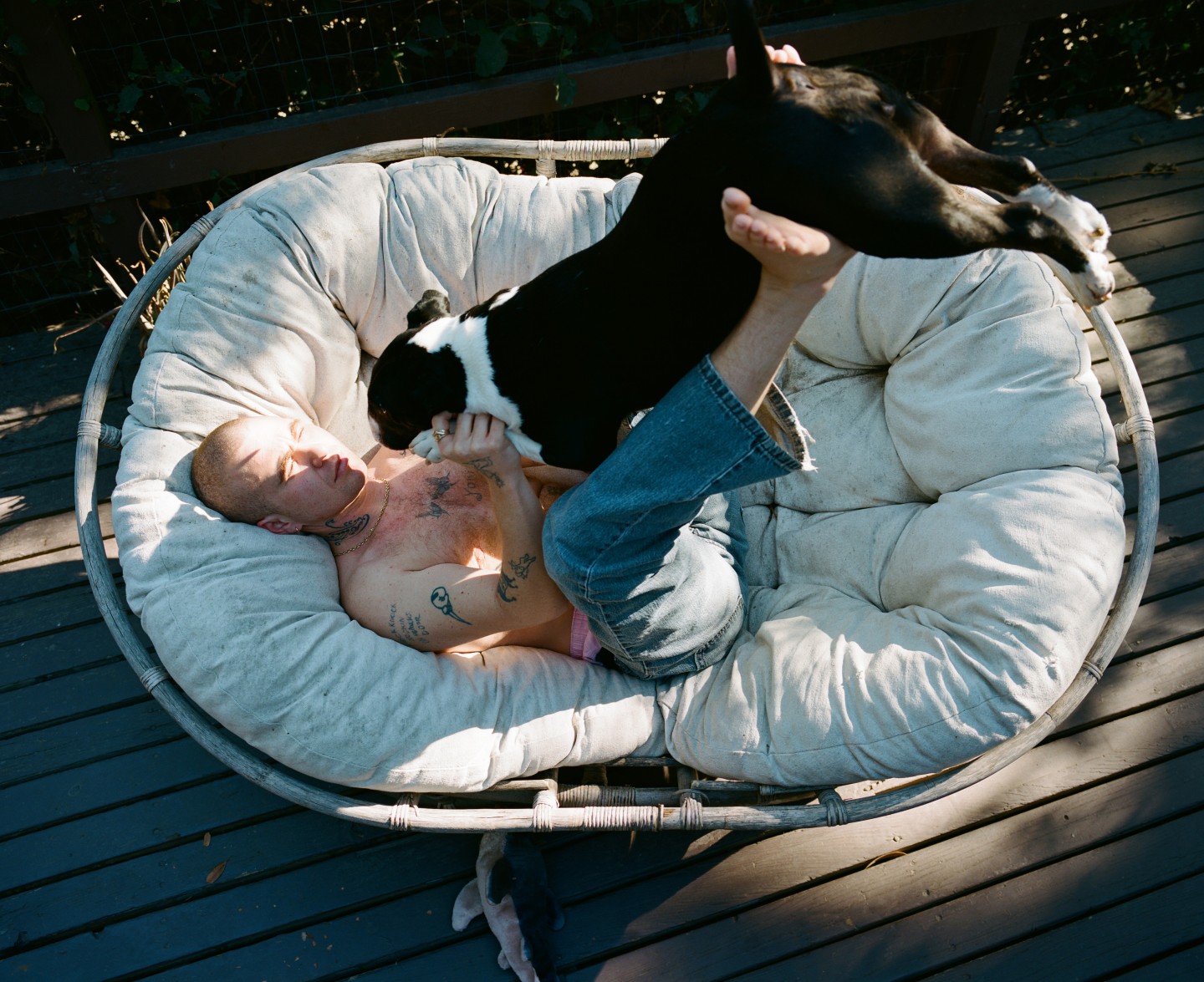 Paw”>
Paw”>

